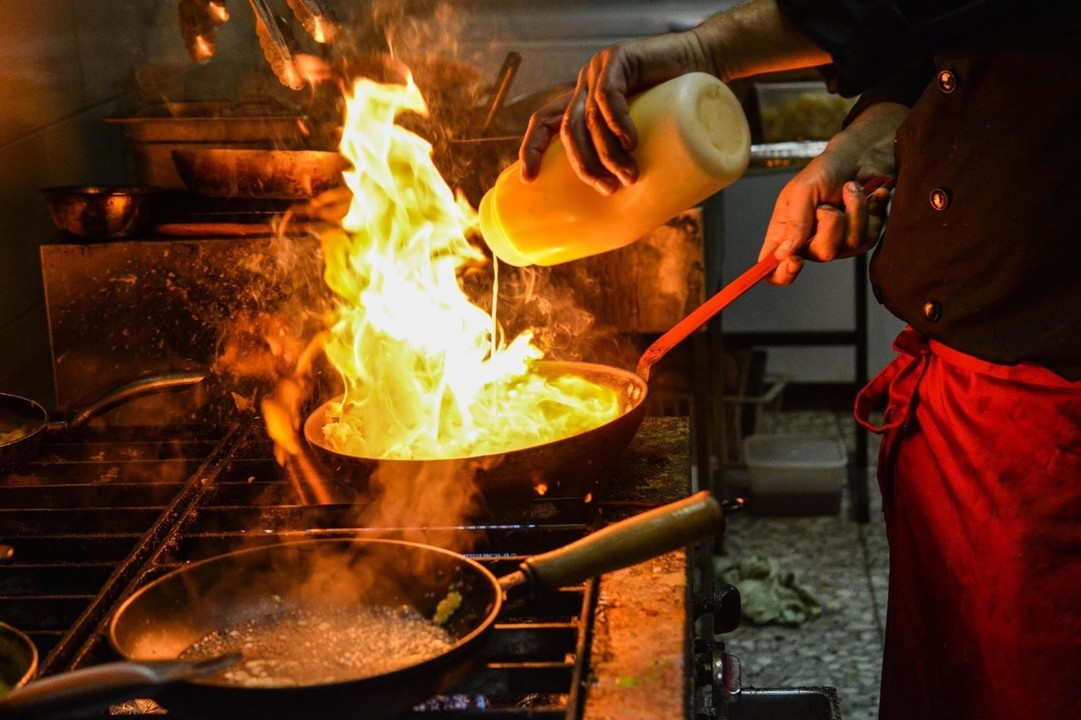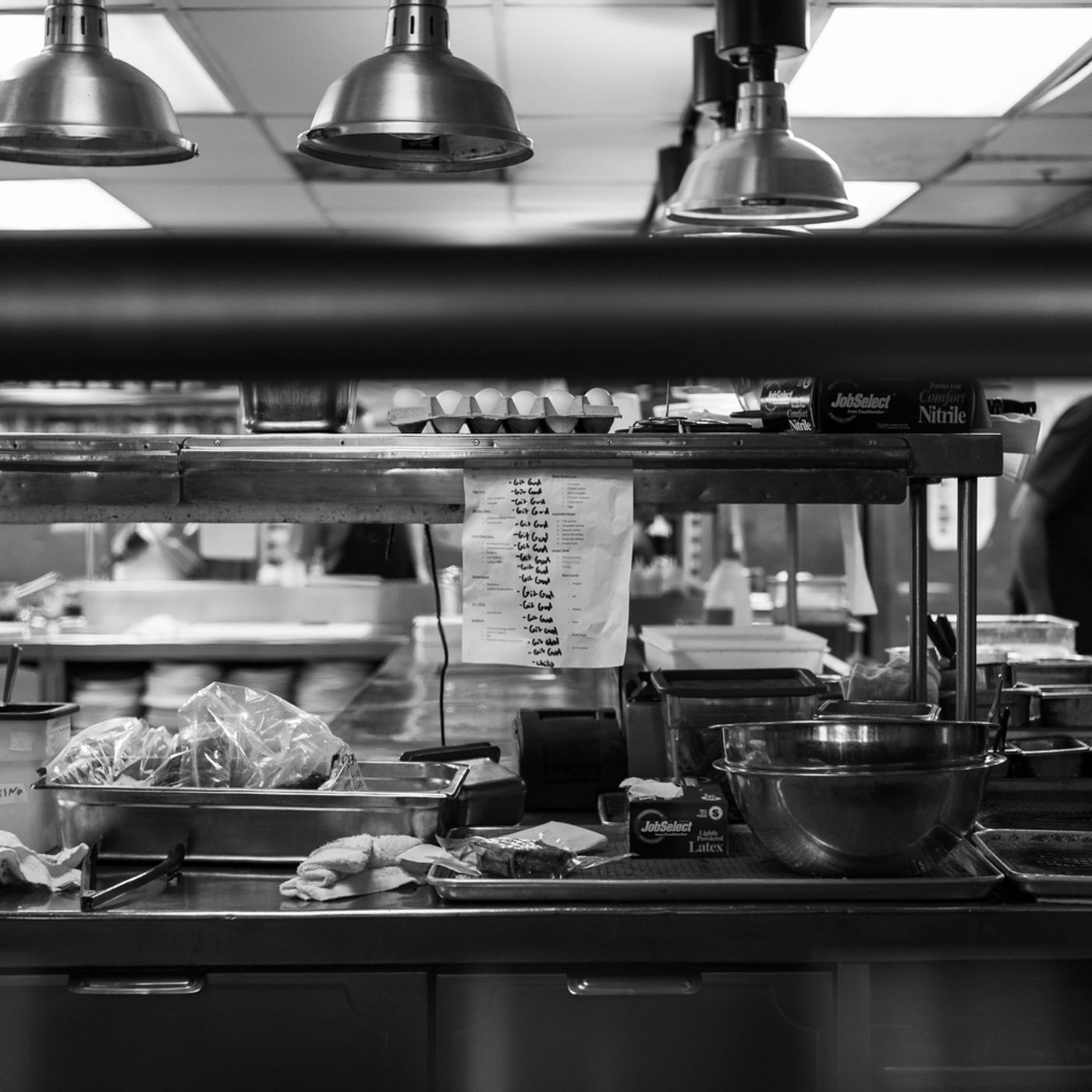In the high-stress, fast-paced environment of professional kitchens, leadership does not merely direct; it deeply influences operations, staff dynamics, and the overall quality of service. Poor leadership in such an environment can lead to significant dysfunction, manifesting in high staff turnover, low morale, and ultimately, a diminished quality of service. This blog post explores these ramifications in detail, offering insight into the underlying issues and providing guidance for culinary professionals.
High Staff Turnover
In culinary settings, where precision and timing are paramount, the role of a leader extends beyond mere supervision to include mentorship, motivation, and conflict resolution. Leaders lacking in these areas often contribute to a toxic workplace atmosphere, inadvertently driving high staff turnover. Staff frequently leave due to feelings of underappreciation, lack of professional growth opportunities, or unresolved conflicts. This constant turnover not only disrupts the workflow but also burdens the establishment with the perpetual task of training new employees, which can detract focus from quality and consistency in customer service.
Low Morale among Staff
Morale in the kitchen is a direct reflection of its leadership. Chefs and culinary staff look to their leaders for cues on professional conduct and enthusiasm. When leaders fail to demonstrate commitment, whether through poor communication, lack of feedback, or favoritism, it can demoralize staff, leading to disengaged and uninspired team members. Low morale is often visible in the lackadaisical preparation of dishes, the slow response to orders, and the general energy of the culinary team, all of which are palpable to customers.
Diminished Quality of Service
The quality of service in restaurants is inextricably linked to the efficiency and harmony of the kitchen. Poor leadership seeps into every aspect of kitchen operations, from the planning and execution of menus to the individual cooking techniques and timing of dishes. Leaders who lack organizational skills or fail to effectively manage their teams often see their shortcomings reflected in the final product — meals that reach the table might be poorly prepared, lacking in presentation, or delayed. Such inconsistencies can tarnish the restaurant’s reputation, affecting customer satisfaction and repeat business.
Strategies for Improvement
To mitigate these challenges, effective leadership development is essential. Here are a few strategies that can help improve leadership in the kitchen:
- Enhanced Communication: Leaders should strive to maintain open lines of communication with all team members, ensuring clarity in roles, expectations, and feedback. Regular meetings and one-on-one discussions can help foster a positive dialogue.
- Professional Development: Investing in leadership training and development workshops not only bolsters the leader’s capability but also demonstrates a commitment to staff growth and progression, boosting morale.
- Recognition and Motivation: Effective leaders understand the power of recognition and actively acknowledge the efforts and achievements of their team. Simple acts of appreciation can significantly boost morale and motivation.
- Conflict Resolution: Being equipped to handle disputes impartially and efficiently prevents potential issues from festering and affecting team dynamics.
Conclusion
The role of a culinary leader is not just to manage, but to inspire and drive their team towards excellence. Poor leadership can cripple a kitchen’s effectiveness, leading to practical challenges like high turnover and low morale, which directly affect the quality of service. By understanding these impacts and implementing robust leadership strategies, kitchens can not only overcome these issues but also enhance their operational efficiency, improve staff retention, and ensure the highest standards of culinary excellence. In the culinary world, strong leadership is not optional; it is essential for survival and success.
Elevate your kitchen’s leadership and bridge the gap with Chefxpertise’s Culinary Leadership Development Program. Designed for executives at large corporate restaurant groups, our program offers bespoke solutions that refine leadership skills, enhance operational efficiency, and boost team morale. Contact us at Chefxpertise.com today to discover how we can help you transform your culinary leaders and drive your business towards sustainable success.




